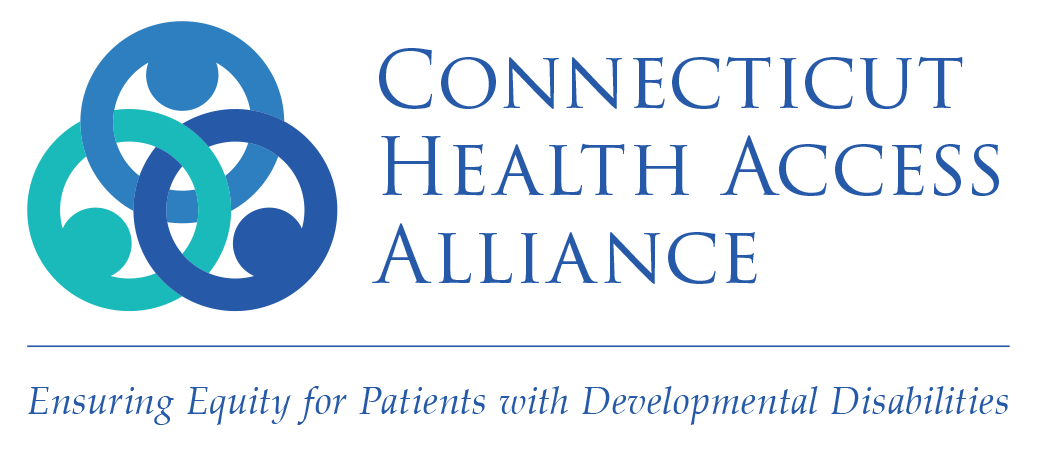Patient + Family Resources
Understand Your Rights to Health care Accommodations for your disability
Federal healthcare nondiscrimination laws require healthcare entities to provide full and equal access for people with disabilities. This means, individuals who live with developmental disabilities have a right to reasonable accommodations for your disability by health care providers. Learn more…
Section 504 of the federal Rehabilitation Act, the Americans with Disabilities Act (ADA), and Section 1557 of the federal Affordable Care Act require that healthcare entities provide full and equal access for people with disabilities. This means, individuals who live with developmental disabilities have a right to reasonable accommodations for your disability by health care providers.
Who is covered?
Covered healthcare facilities include, but are not limited to: hospitals, doctors’ offices, pharmacies, dentists’ offices, etc.
What does this mean for you or your loved ones?
When visiting a healthcare provider, you are entitled to several accommodations for your disability, such as accessible parking spaces, doorways, restrooms, and medical equipment. Some examples include but are not limited to:
Granting an early appointment to a patient with anxiety so that fewer people will be in the office and noise will be minimal.
Allowing a companion to assist a person with a mobility disability when positioning the patient for a radiology scan.
Modifying a policy requiring patients to complete their own paperwork, so that staff can complete intake paperwork for a person with a brain injury or dyslexia who requests assistance to fill out the paperwork.
Allowing additional time to explain care to a patient with a developmental disability.
Allowing a service dog that has been trained to alert their handler with a seizure disorder at the onset of a seizure to be present in an exam room.
How do you make a request?
Contact your provider, let them know you have a disability, and explain what accommodation for your disability you require.
What if the provider is unwilling to provide the accommodation for your disability?
Under Section 504 of the federal Rehabilitation Act, the Americans with Disabilities Act (ADA), and Section 1557 of the federal Affordable Care Act, healthcare providers are required to make accommodations for your disability to ensure access to healthcare services for people with disabilities. In the event you are not provided with an accommodation for your disability, you can make a complaint.
Need to File a Complaint?
A health care accommodation for your disability was not provided or available, now what? File a complaint.
You don’t need to hire an attorney and it won’t cost you anything.
State laws provide important tools to help combat discrimination against patients with disabilities who are entitled to full and equal access to health care services. Accommodations for your disability include but are not limited to, things like extra time for an appointment, accessible medical equipment, and providing an early appointment because of anxiety or noise issues, among other things.
Who can file a complaint? If you or someone you know, or care for, was discriminated against and not able to have an accommodation for your disability when accessing health care services, you may file a complaint against a health care provider or facility and there are a few options.
How do I file a complaint? At this point the state provides the best pathway to file a complaint. There are two options available to patients who feel they were discriminated against or may not have received the accommodation for their disability they needed in order to access health care services in our state.
Filing Complaints to CHRO or CT DPH:
The CT Commission on Human Rights and Opportunities takes complaints of discrimination in public accommodations, like health care services. If you believe you have been discriminated against, you must file a complaint with the Commission within 300 days of the alleged act of discrimination. To start the complaint process, please fill out the inquiry form at this link. Once submitted, the Commission will contact you about the next steps for formally filing a complaint.
You may also file complaints against both a health care provider or health care facility in Connecticut with the state Department of Public Health.
Use this form to file a complaint against a healthcare provider. (Complaints against physicians and physician assistants must be notarized.)
Use this form to file a complaint against a facility with the Facility Licensing and Investigation Section (FLIS) of CTDPH. This office in the agency has regulatory oversight for all licensed healthcare entities in the state.



